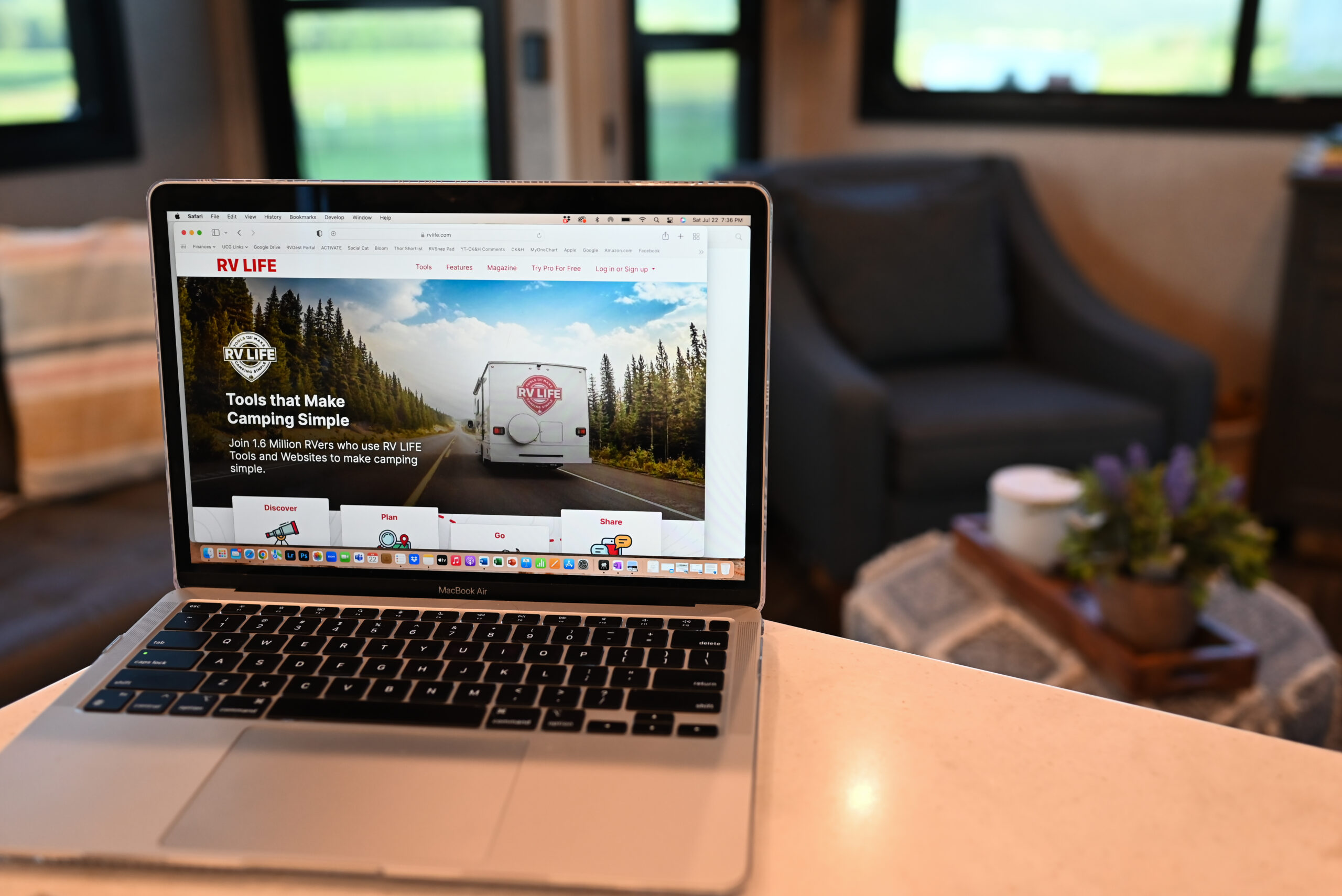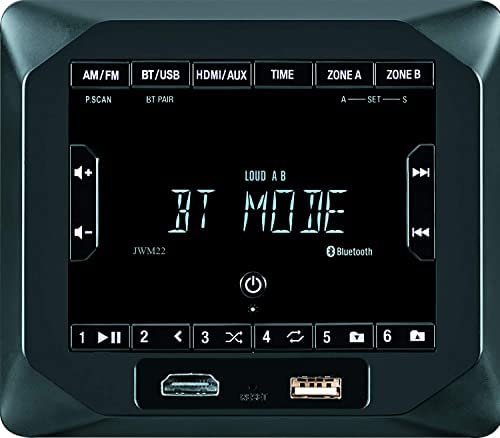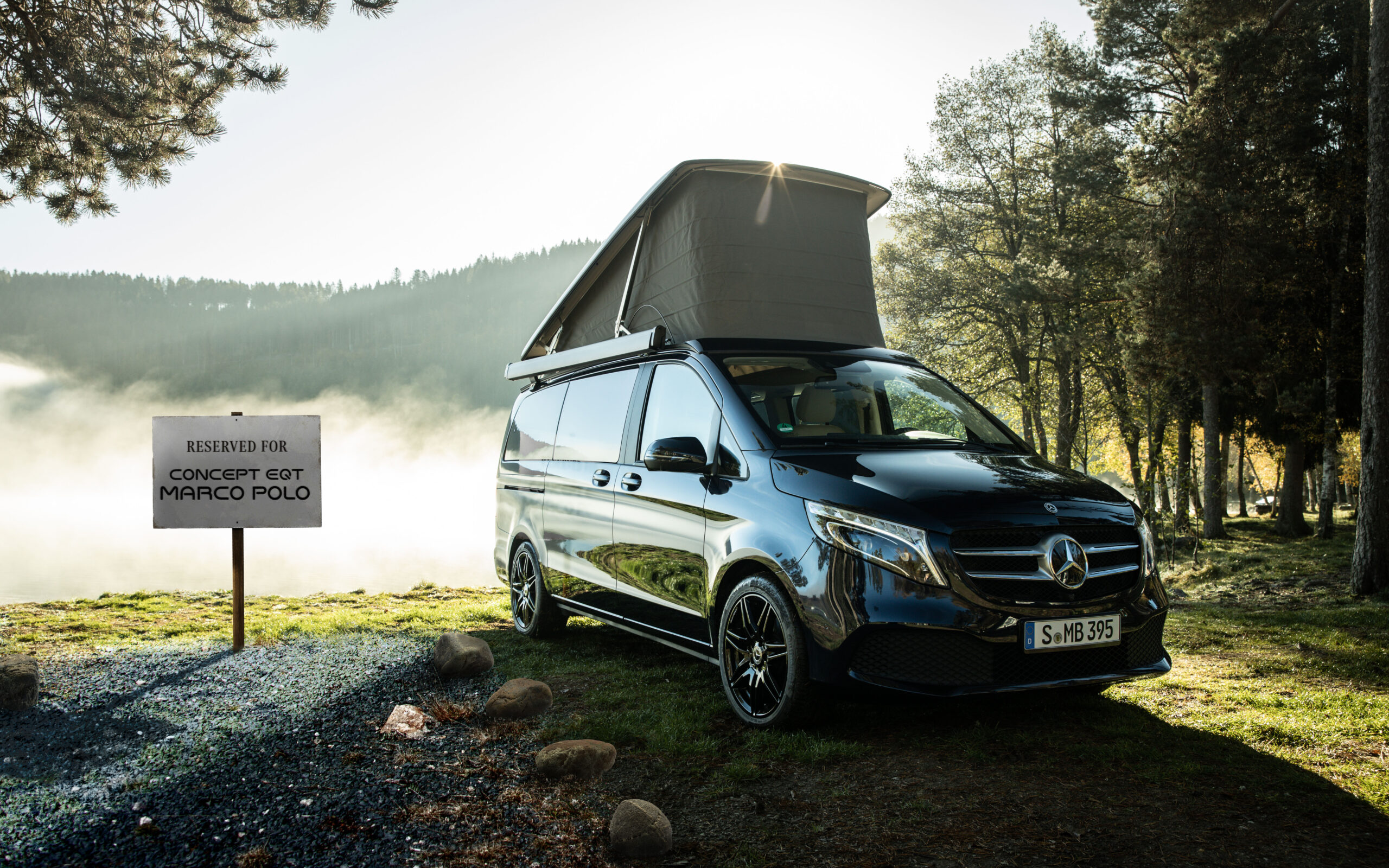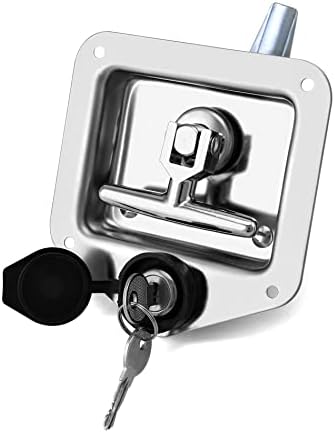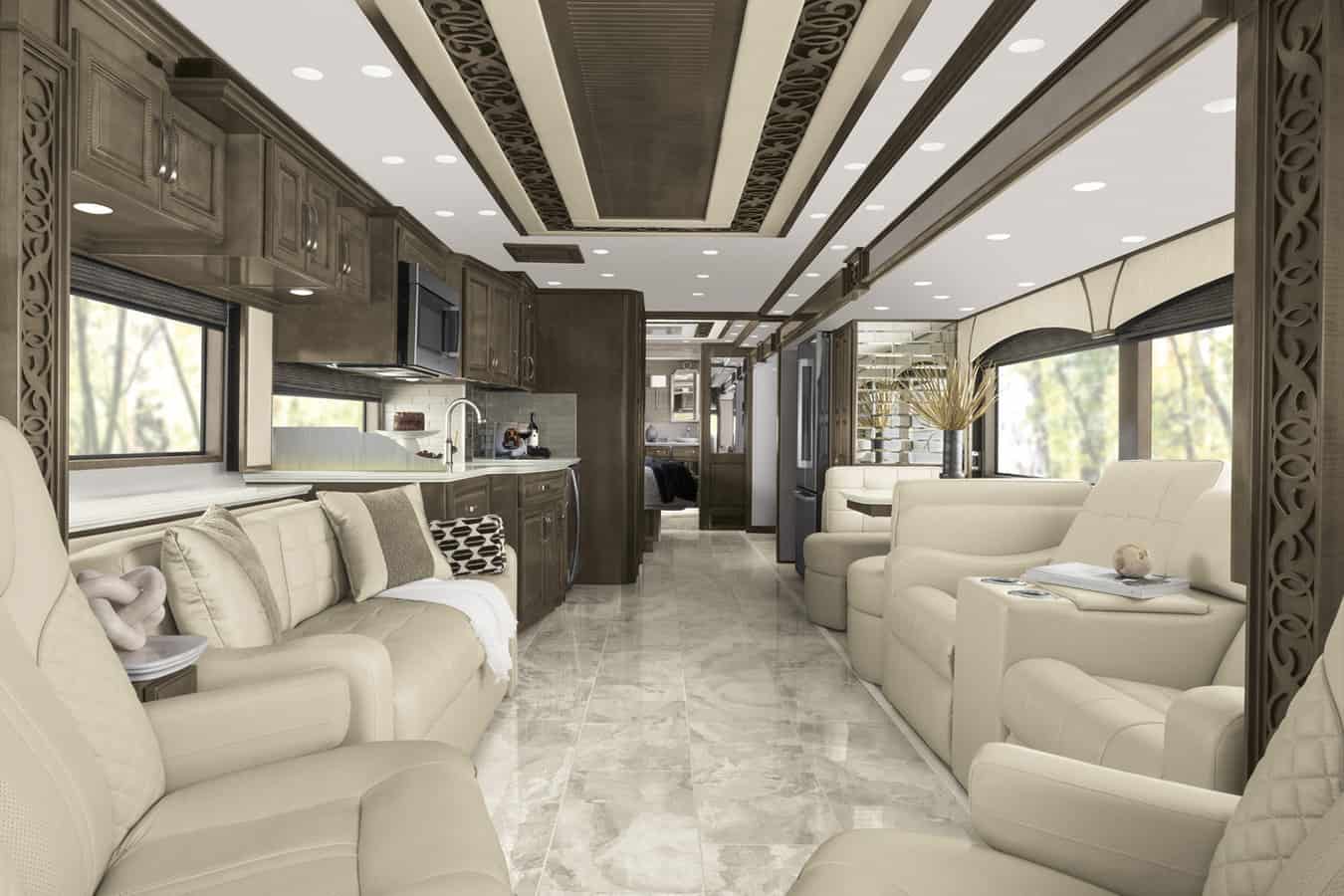
Is It Safe To Use Public Wi-Fi While RVing?
When most RVers hit the road, they’re looking for an opportunity to disconnect from their busy lives. But nowadays, you can’t travel anywhere without some kind of Wi-Fi connection. Public Wi-Fi networks can help you work remotely, check the news, and stream your favorite shows. But is public Wi-Fi really safe to use?
Free Wi-Fi might sound great upfront, but you always need to be cautious when you connect to a public network. Even password-protected networks can still fall prey to hackers, scammers, and others who might try to collect your private data. While many people use public Wi-Fi without immediate issues, risks remain, so precautions are advised.
Below, we’ll talk about some potential dangers of public Wi-Fi networks, as well as safety measures you can take to improve your personal security. If you protect your online life, you can better avoid issues like identity theft and viruses! We’ll talk more about these important topics below.
Public Wi-Fi safety tips
Only connect to the official Wi-Fi network
Before you connect to any Wi-Fi network, it’s crucial to double-check that you’re choosing the one with the right name.
When you pull up your Wi-Fi options, you may notice that there are multiple options with similar names. This could be because the campground or resort has a few networks to improve its range. But it could also mean that there are nearby hackers who are trying to trick you into logging into the wrong network.
Carefully check the Wi-Fi information that the campground host provides. Make sure you only connect to matching networks. If you have questions or doubts, speak directly to the managers. You never want to log into an imitation network.
You should also be wary of names like “Free Wi-Fi” and “No password required.” Those are usually traps!
Disable file sharing
When you connect to a campground Wi-Fi, open your computer control panel and specify that this is a public network. Choosing this option will automatically turn off your file sharing capabilities. So if someone tries to hack in and steal private files, they will hit a block.
Use a VPN
VPN stands for Virtual Private Network. It provides an extra layer of security and anonymity to anyone who uses it. Essentially, a VPN will encrypt your data when you connect to a new network. It can also cloak your IP address, so people won’t be able to trace your location!
Some VPN services are free, but the best ones usually require payment. Proper cybersecurity is usually worth a few bucks a month, though! Explore your options and see which service best fits your needs.
Enable HTTPS encryption
Another tactic you can use is HTTPS encryption. You might assume that you always have this because many website addresses include HTTP or HTTPS.
But some sites don’t have this option. If you want to increase your internet security while you travel, be sure to stay on sites that use the HTTPS prefix. You’ll be able to tell if your connection is secure or not if you see the small lock icon on the address bar.
With secure sites like this, all of your information is encrypted. The information becomes completely illegible to outside viewers, so your privacy is secured.
Avoid visiting personal sites and pages
As a general safety tip, you should always assume that someone could be watching what you’re doing. In this case, it’s smart to steer clear of highly private information. Don’t access your banking information or any personal accounts while you’re on a public network.
Some hackers might ignore your everyday activity, but they will gladly take advantage of any private information, passwords, and financial information that they see. To stay on the safe side, just don’t look at this information while you travel (unless you’re on your own trusted network).
Use your personal data plan/hotspot
If you don’t want to run the risk with public Wi-Fi, you can also rely on your own personal network. Most phones give you a certain amount of data every month, so you can connect to the internet no matter where you are. If you need to extend this power to other devices, you can enable your hotspot as well.
This tactic has a few drawbacks, though. Using your phone hotspot tends to drain its power, and the connection is often quite slow. You can also use up your data plan faster than expected, leaving you with additional charges. Personal plans are a good option, but it’s always a good idea to have a backup.
Set up a Starlink/satellite connection
Finally, you could opt for a secure setup by choosing a personal Starlink or satellite connection. This ensures that your RV can connect to the internet in a variety of locations without relying on outside networks. It can be a great solution for full-time RVers and/or those who work remotely.
Starlink is becoming more available and convenient for RVers. It’s a powerful and portable solution. However, even satellite connections can be a bit iffy in rural areas, and it’s an expensive investment. But you should still keep it in mind if you don’t want to rely on public Wi-Fi.
Additional tips for better Wi-Fi
The tips above can help you secure your information and protect your privacy while you camp. But security isn’t the only issue associated with public Wi-Fi. It can also be pretty slow, depending on your connection. Check out the following tips so you can enjoy a better internet connection during your next camping trip.
Download content ahead of time
Streaming and downloading content can take ages if you rely on public networks. Campground connections are often slow and unpredictable, so it’s better to prepare for this outcome rather than dealing with it once you’re there.
In order to speed up your tasks, try to download as much content as possible before you arrive. This might include movies, TV episodes, work files, maps, and more. The less you have to download on-site, the happier you’ll be!
Stick to low-energy tasks
Often, public Wi-Fi may not have the bandwidth for high-demand tasks. If you’re taking your work on the go, this can be a real hassle. While you’re connected, you should only perform simple tasks and do them one at a time.
Don’t overload your laptop with a million tabs and download requests! You should also choose emails and phone calls instead of video chats.
Visit the clubhouse for a stronger connection
A lot of campground networks place the Wi-Fi center in the clubhouse or another central building. If you really need a good connection for something, take a little trip to the clubhouse! You might even be able to find a computer room with an excellent connection. This is a great place to do some complex tasks and download a few items.
Use a Wi-Fi booster
If you want to take advantage of the free public Wi-Fi, you usually need a way to strengthen your connection. A Wi-Fi booster is a great solution. This makes it easier for your RV devices to connect to the network and speeds up your connection.
Consider switching to a new cell phone provider
Your phone provider can make a huge difference when it comes to internet speeds. Each carrier has different coverage capabilities and benefits. If your current provider isn’t working out, consider switching to a new one. If it’s within your budget and connectivity is crucial, consider multiple services for optimal coverage.
Check campground reviews and connectivity before you book
Finally, do your homework before you select a campsite! If Wi-Fi is important to you, look up campground reviews so you can tell if the connection can be trusted. You should also check if you’ll have phone coverage in your chosen area.
On RV LIFE Campground Reviews, you find more information about the park’s Wi-Fi connection and cell phone service, and you can run a speed test. Plus, you can read other feedback from guests so you know the pros and cons of the area.
Related articles:
- 5 Things RVers Need To Know About Starlink Internet
- How To Improve Your WiFi Signal At RV Parks
- RV Wifi Boosters: Will they really help, and which is best?
The post Is Your Data Safe On Public Wi-Fi While RVing? appeared first on Camper Report.


